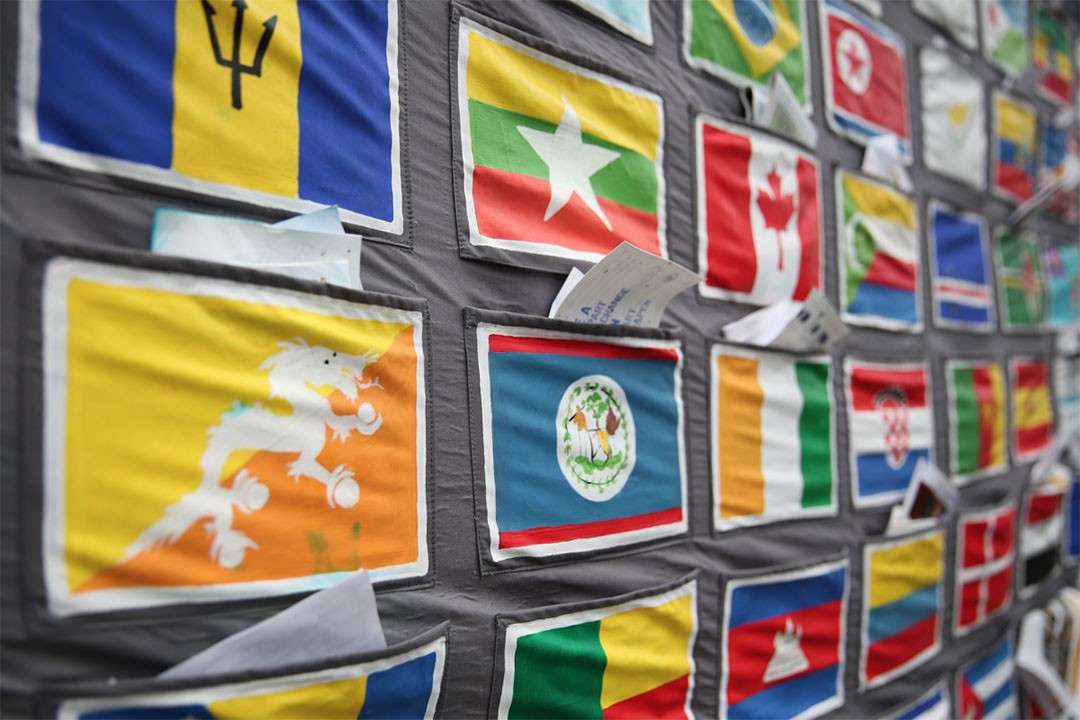14 September 2017: In its 2017 Trade and Development Report, the UN Conference on Trade and Development (UNCTAD) calls for seizing the opportunity offered by the Sustainable Development Goals (SDGs) to create a ‘global new deal,’ similar to the New Deal of the 1930s. The report explains that the new global deal should put people before profits, tackle the inequities of hyperglobalization and build inclusive and sustainable economies.
UNCTAD recommends this new global deal to address the challenges it identified in the world economy, including a combination of too much debt and too little demand at the global level, coupled with the rise of “super- elites” (loosely identified as the top 1%), which represent the largest current socioeconomic trends. The deregulation of financial markets, the widening ownership gap of financial assets and a fixation on short-term returns triggered are “in sharp contrast,” the report notes, with the ambitions of the 2030 Agenda for Sustainable Development.
The publication predicts global growth will reach 2.6% in 2017, slightly higher than in 2016 but well below the pre-financial crisis average of 3.2%. At the same time, the authors express concerns about political instability, falling commodity prices, higher interest rates in the US and a stronger dollar, and negative capital inflows to developing countries.
The authors warn that failing to correct the excesses of hyperglobalization could jeopardize social cohesion, among other impacts.
The publication also considers other factors of “growing anxiety” in the world economy, including: the inequality and instability “hard-wired into hyperglobalization,” caused by insufficient levels of productive investment, precarious jobs and weakening welfare provision; increased automation through employment of robotics; and discrimination based on gender in the job market. The authors warn that failing to correct the excesses of hyperglobalization would jeopardize social cohesion and diminish trust in both markets and political actors.
To tackle these challenges, the publication recommends a globally coordinated strategy of expansion led by increased public expenditures, with all countries being offered the opportunity of benefiting from a simultaneous boost to their domestic and external markets. The publication further suggests actions to end austerity, curtail corporate rent seeking and harness finance to support job creation and infrastructure investment.
Other concrete measures proposed include:
- Helping to mitigate and adapt to climate change and promote the technological opportunities offered by the Paris Agreement on climate change under the UN Framework Convention on Climate Change (UNFCCC);
- Boosting government revenue through a greater reliance on progressive taxes, including on property and other forms of rent income;
- Setting up a new global financial register to record who owns financial assets throughout the world as a first step towards fair taxation;
- Correcting work insecurity through legislative action and active labor market measures;
- Better regulating the financial sector, from private banking behemoths to “toxic” financial products; and
- Improving capitalization of multilateral and regional development banks to fill the institutional gap in sovereign debt restructuring.
UNCTAD has invited the International Monetary Fund (IMF), the World Bank, the General Agreement on Tariffs and Trade (GATT) and the UN to join forces in a similar way that they did in 1947 when they rebalanced the post-war global economy. [UN Press Release][UNCTAD Press Release][Publication: UNCTAD Trade and Development Report 2017]
